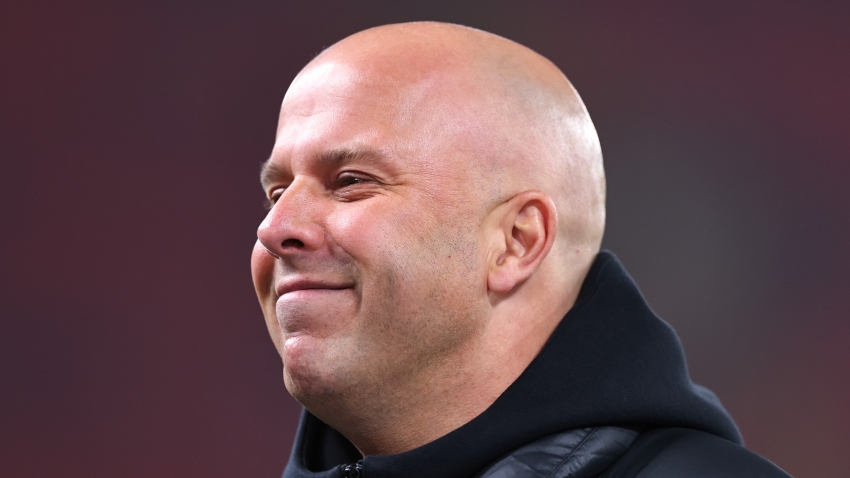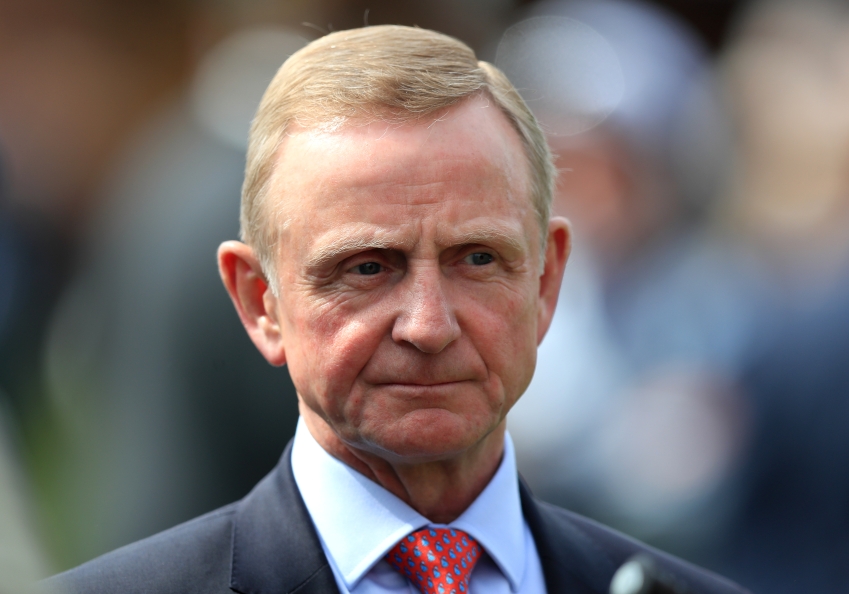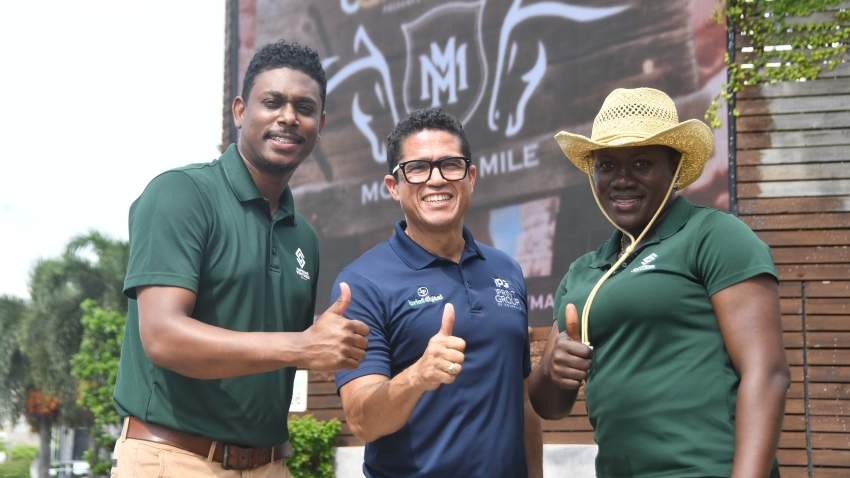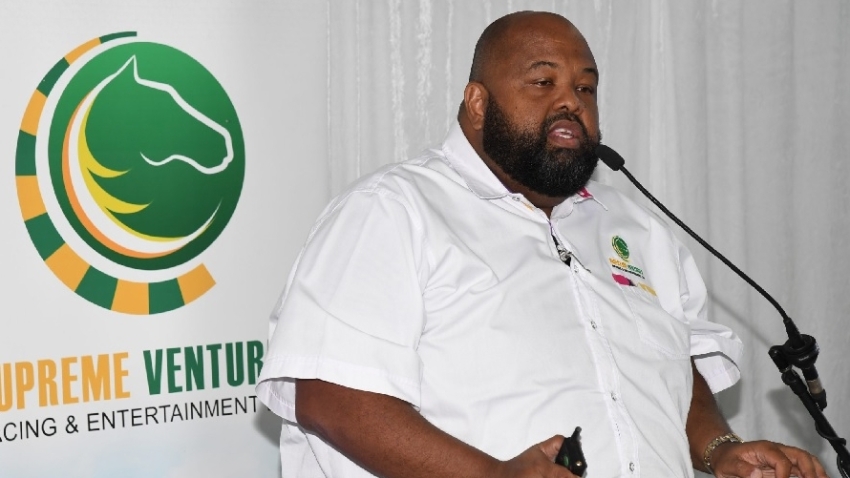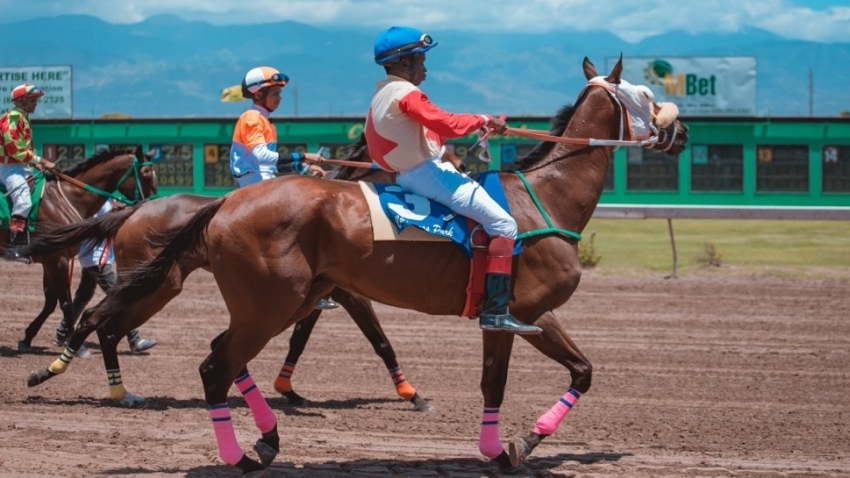Two victories in the Nunthorpe Stakes rank highly among the career highlights of “adopted Yorkshireman” Kevin Darley.
The Staffordshire-born rider enjoyed a long and successful career in the saddle spanning over three decades, from his first competitive mount in 1976 to his eventual retirement in 2007.
Having lifting the champion apprentice title in 1978, it took Darley a while to climb the ladder as a fully-fledged professional – but from the mid-1990s he began making a name for himself on the Group One stage and in millennium year he was crowned Britain’s champion jockey for the first and only time.
It was in 1997 that Darley first struck Group One gold at York as he and Coastal Bluff shared the spoils in one of the most memorable and dramatic renewals of the Nunthorpe in recent history.
Coastal Bluff was a 6-1 shot for Yorkshire trainer David Barron and Darley recalls having high hopes before a major tack failure soon after the start threatened to ruin his chances.
“He was a little bit of a quirky horse, but he’d won the Stewards’ Cup and the Ayr Gold Cup the year before, so he was obviously a horse with potential,” he said.
“He just needed things to go right on the day, which we thought they might do in the Nunthorpe until the stalls opened and two strides later the bridle broke!
“When something like that happens you’re just riding on instinct really. It’s five furlongs in a straight line and we were probably going 40 miles per hour without any brakes!”
It is testament to Darley’s skills and Coastal Bluff’s talent that he was still in there pitching as the line loomed and he flashed by the post alongside Ya Malak, trained by David Nicholls and ridden by Alex Greaves.
The judge was ultimately unable to split the pair and declared a dead-heat, seeing Greaves become the first female jockey to ride a Group One winner in Britain.
For Darley’s part, he was happy with the result.
He added: “The track opened up more back then than it does now and my immediate thoughts passing the line were ‘what am I going to do now’ and ‘how am I going to stop’!
“I was totally unaware of the result until I got back, but I didn’t think I’d got beat. The dead-heat was probably a good result in the end.”
Nine years later came Darley’s second Nunthorpe triumph as he teamed up with another popular sprinter in Eric Alston’s Reverence.
Success was significantly more straightforward in 2006 as the jockey’s mud-loving partner made every yard of the running in soft ground and came home with two lengths in hand over Amadeus Wolf.
Darley and Reverence went on to enjoy another top-level win that year in Haydock’s Sprint Cup and in all the combination claimed seven victories.
“I still see Gary Middlebrook (owner) at the races and we had some great times together with Reverence,” said Darley.
“I think he was plagued with injuries in the early part of his career, but credit to Eric who took his time and once he found the key to him, he never stopped progressing really.
“He was phenomenal little horse and a real character. He loved a bit of cut in the ground and you just let him do his own thing.
“He was one of those horses that was blessed with a lot of early tactical speed and in the Nunthorpe I think the other jockeys in behind were thinking ‘he’s going too fast’, but Reverence used to fill himself up a furlong down and was able to go again.”
Darley rode almost 2,500 winners before hanging up his riding boots, many trained in Yorkshire, and he has fond memories of booting home those on the Knavesmire.
“I still live in Yorkshire, I’m an adopted Yorkshireman and I always say if you’re on the best horse at York, you should win really and there should be no excuses because it’s a very fair track,” he said.
“Credit to them as resources wise they put everything back into the track and I think any jockey past or present will tell you it’s a pleasure to go there really.
“They moved the winner’s enclosure a few years ago to be a lot more public friendly. I always used to like the old winner’s enclosure as you walked through the crowd with a rope either side of you.
“I thought when they changed that you’d never get the same atmosphere, but it is exactly the same and that’s a credit to York and the people that go there – it’s a great stage.”









